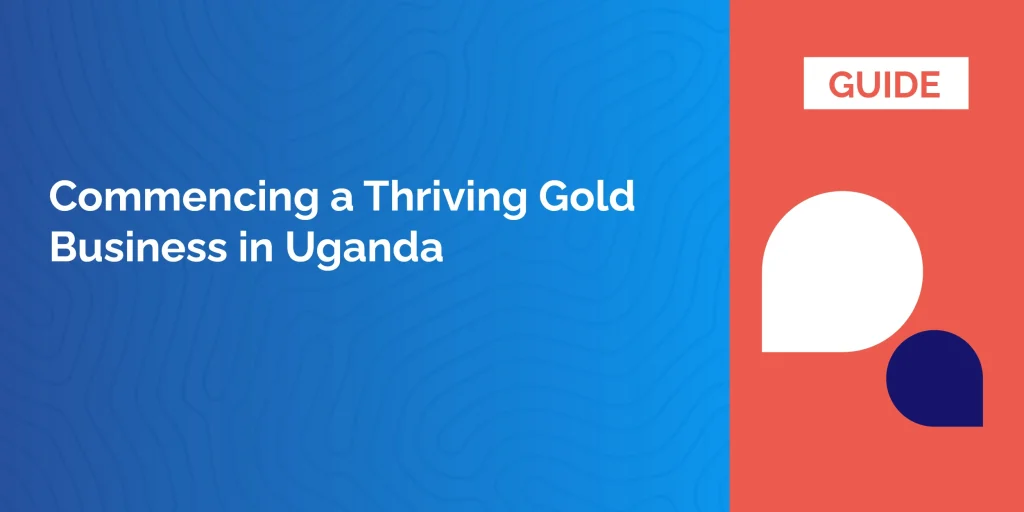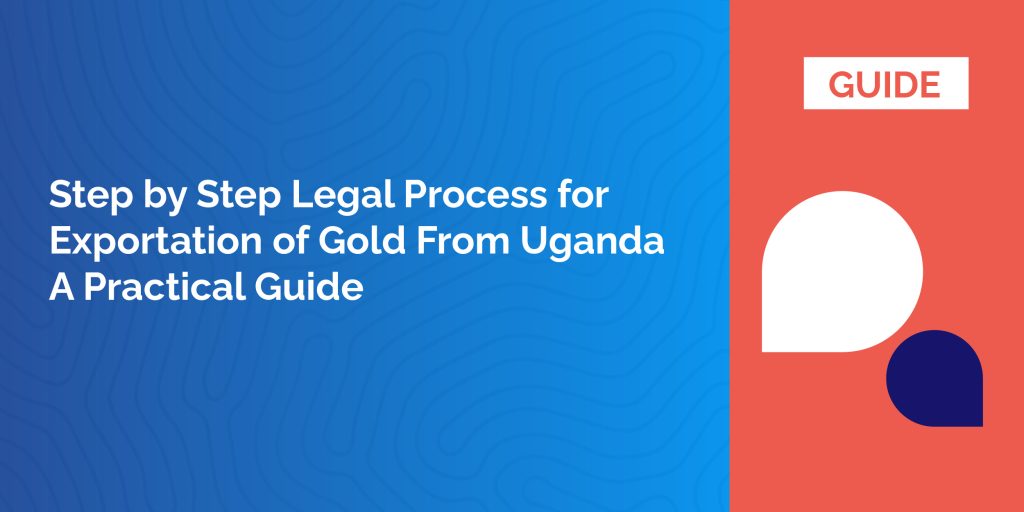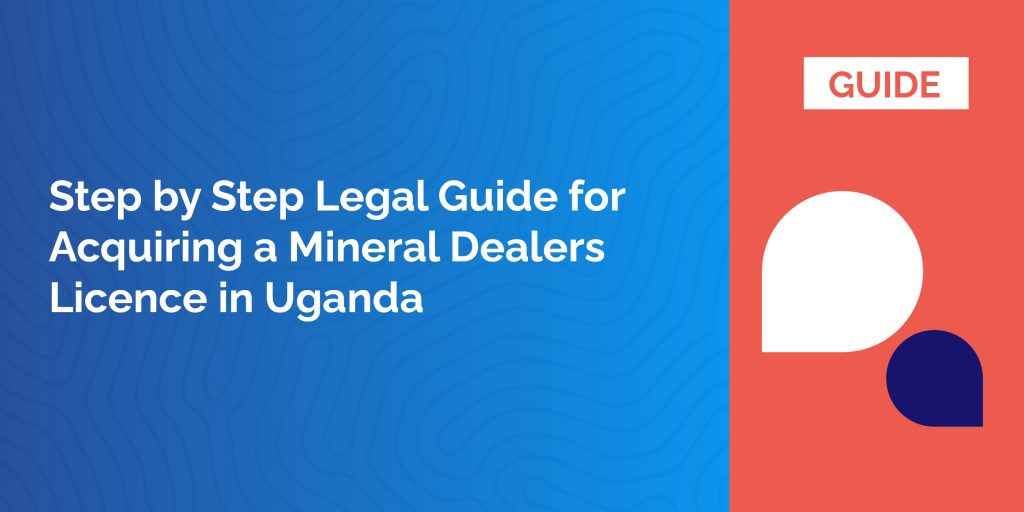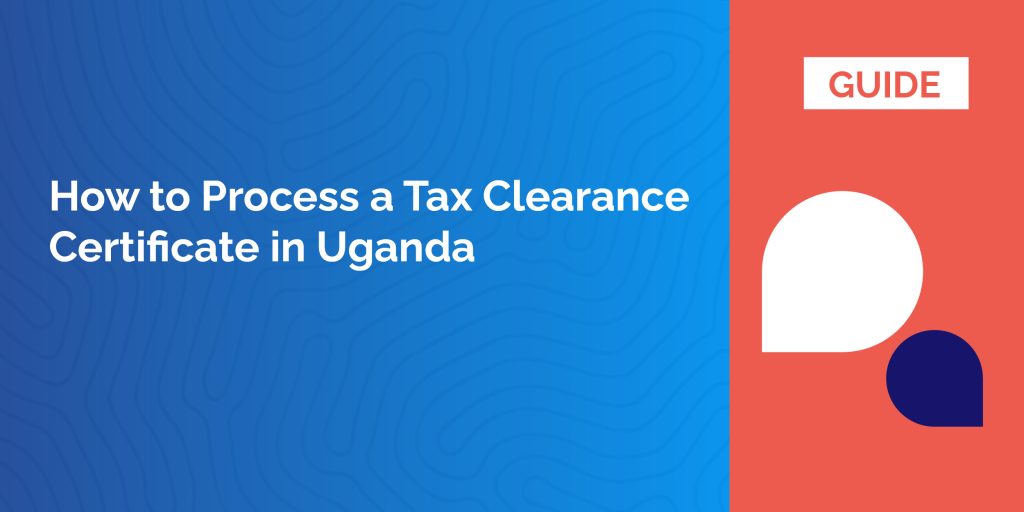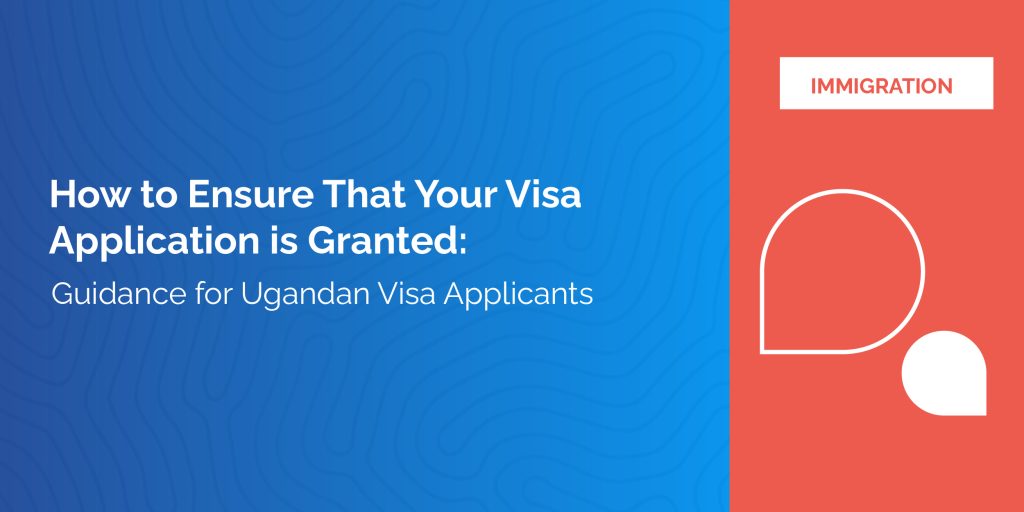Introduction
The gold business in Uganda is considered one of the most growing and lucrative trades. According to reports from the Ministry of Energy and mineral development, Uganda officially exported 48,620 kilograms of gold valued at approximately Shs11.4 trillion (around USD 2.98 Billion). These statistics appear to represent just a small fraction of the gold consignments that leave the country every day.
In June 2023, the President of Uganda announced a new discovery of up to 31 million metric tonnes of gold deposits with extractable pure gold estimated to be about 320,000 metric tonnes.
Uganda currently consists of about 15000 artisan semi educated miners and a cocktail of well-established mining companies. Uganda is also placed in a position that enables it to receive gold bars from the Democratic Republic of Congo, Tanzania and Kenya.
The gold tax regime is also reasonable in approach. The Mining and Minerals Export levy on refined gold Regulations, 2023 allow for 5% tax on refined gold and 10% on unrefined gold.
These dynamics make Uganda gold business a very lucrative venture with possibilities of obtaining gold bars on prices that are much lower than the international gold prices.
Entry into the Uganda gold market is a great business decision at this time so long as one ensures that they seek guidance to enable them undertake a strategy that will lead to a seamless start.
2.0 MODES OF ENTRY INTO THE UGANDA GOLD BUSINESS
There are several ways an international business entity can enter the gold business in Uganda. We will start with the obvious ways and advance into the better structured and more long term modes.
- Entry as international buyer
This mode of entry is the obvious one where the buyer from another country identifies a gold supplier from Uganda either through recommendation or simply by conducting an online search. In this arrangement, the international buyer does not control any of the moving parts of the trade such as the owner of gold, the exporter and the customs expert. In otherwards, the international buyer indicates readiness to pay for gold and a cocktail of providers will be assembled to provide the services. In this arrangement, the international buyer will execute a myriad of contracts with among others; buyers, exporters, customs experts and advising advocates.
The challenge with this arrangement is that it is susceptible to fraud due to the inability of the international buyer to oversee the many players.
The advantage with this arrangement however, is that it suites buyers who intend to do a single purchase as it avoids the expenses involved with setting up structures that may not be required routinely.
- Entry by hiring a local Agent
This mode of entry would necessitate the international gold buyer to hire an agent in the country where they intend to purchase gold from. This Agent will perform the roles agreed upon by the buyer but in most cases includes performing the function of supervising the entire value chain from gold identification, verification, essaying, due diligence, tax clearance and exportation.
The challenge with this mode is the difficulty in finding a committed agent with the requisite skill and experience to understand this complex trade.
The advantage with this mode is that it minimises the business moving parts by way of aligning accountability as all actions are performed by one individual who is accountable to the international business investor.
- Entry by establishing a local mineral dealers Company
This mode requires entry by way of establishing a local or international company that is based in Uganda. This would require that in addition to establishing a company, the international gold buyer also processes a mineral dealer’s licence and other secondary licences and permits to enable him/her conduct exports and purchases from artisanal miners locally and the East African Region.
This option is appropriate for a buyer who intends to have a long-term supply of gold from the source Country. It also enables the gold buyer to establish long term association with Government, miners and other entities across the value chain that enhances the investor’s possibility of securing long term gold supply business.
3.0 DUE DILIGENCE CHECKS TO BE CONDUCTED BY THE BUYER BEFORE EXECUTING A SUPPLY AND PURCHASE AGREEMENT FOR GOLD BARS
Because Gold is a precious, expensive and profitable commodity, many unscrupulous individuals gravitate towards it often, for the wrong reasons. It is therefore the duty of the gold buyers to conduct due diligence to ensure that all the players they conduct business with across the value chain are legitimate. From our experience advising gold buyers over the years, we have found that below are the key areas that every gold buyer must check before the transaction can commence.
- Conduct a Know your Client (KYC) profiling for all players involved. Gold transactions by their nature involve many players. We have for example conducted a transaction where the owner of the gold was Congolese, the exporter was Indian resident in Uganda, the refinery that was contracted to assay the gold was incorporated in Nairobi but resident in Uganda and the buyer was a Company from Dubai. This situation requires that the buyer commences the transaction by knowing the people and companies involved by conducting legal checks.
One may request and obtain passport copies of every person involved and may also go ahead and hire a lawyer to conduct verification of the documents submitted. For Companies, the registry can confirm the existence of a Company and the individuals who are the beneficial owners of the said company. Conducting these checks can easily save the international gold buyer unserious sellers.
- Confirm that all players are licenced to do what they have been contracted to do in the gold value business chain
In Uganda, the Mining and minerals Act 2022 prohibits anyone from buying and selling of minerals or tailings either as principal or agent without a licence. The Act thus requires every dealer in minerals including gold bars to obtain a mineral dealer’s licence (MDL) from the responsible department under the Ministry for Energy and mineral department in Uganda. To protect the sanctity of the trade, the law further places a burden on the licenced mineral dealer to only purchase minerals from a person who acquired his or her minerals lawfully.
The international gold dealer should therefore confirm that the players have a valid mineral dealers’ licence. Confirming that a mineral dealer’s licence is legitimate should also be done by way of conducting a registry search upon payment of the prescribed fees.
As such, the gold dealer will have to confirm that the seller, the refinery and the transporter are all licenced to deal in minerals. All these licences are specialised and verifiable.
- Execute transaction documents with every provider preferably with help of a professional.
Ensure that every providers’ undertakings in the value chain are reduced into a contract that specifies the obligations and rights of the parties. In a typical gold transaction, the buyer will execute a contract with a seller, the exporter, the refinery and the transaction advisor. It would help greatly if the supply and purchase agreement specify the minimum purity acceptable upon assaying and the assaying should be done by the buyer’s nominated refinery. Most of our clients insist on 97%+ as per certificate of analysis/assay.
Care must be taken to ensure that the legal documents specify the law that is applicable to the transaction. This is important because should disputes arise, the buyer should ensure that the law chosen as applicable can apprehend the seller and players in the chain if culpable.
Importantly, include the mode of payment such as bank accounts in the transaction documents and ensure that you do not pay by departing from the indicated modes.
- Execute a separate Directors’ guarantee
If the gold seller is a company, it helps alot if the directors execute a separate guarantee agreement confirming that they undertake to indemnify the seller should the transaction go wrong. That is important because we have encountered situations where companies are used to defraud sellers and when the companies are taken to court, cases are won but during execution, it is realised that the company has no valuable assets. As such, a personal guarantee by the directors adds an extra layer of safety to the transaction in favour of the seller.
- Start with a small volume to familiarize with the process
We recommend that since gold transactions processes are lengthy and diverse in nature, the buyer should start with a small volume between 3-10 Kgs to enable him or her familiarize with the processes before making bigger orders. This is especially important if the buyer is entering a new market.
4.0 CONCLUSION
Where as we have exercised reasonable care to ensure that we cover the key aspects that will guide a new buyer seeking to commence business in the Uganda gold market, we do know that we may not be exhaustive due to the nature of the gold business. It would be helpful if the buyers especially those seeking to establish a consistent flow of gold supply from Uganda seek the help of an established attorney to walk the journey with them.
